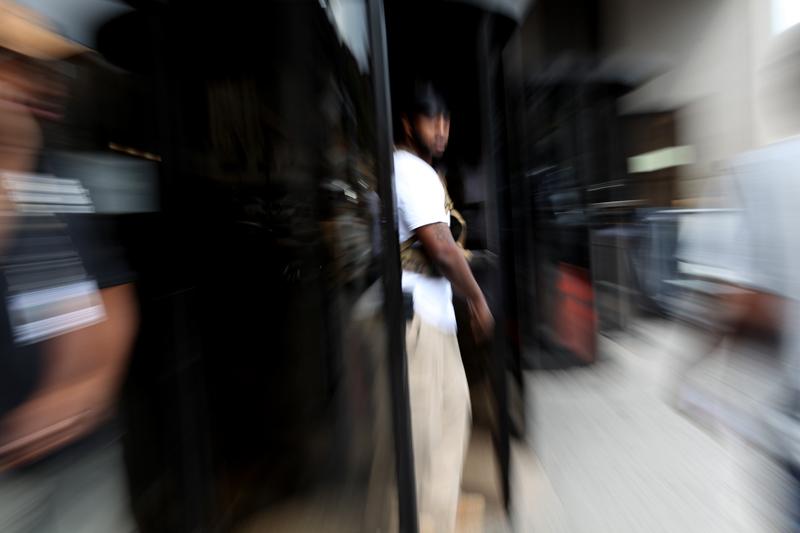
This is part one of a two-part series.
A months-long WNYC investigation has revealed that those accused of crimes in the Bronx have a greater chance of walking away without any charges than anywhere else in the city.
The Bronx County District Attorney’s Office declines to prosecute thousands more cases than do the four other District Attorney offices – and one of the main reasons is an internal policy that cops say allows criminals to go free.
The Bronx DA’s Victim Policy
In the Bronx, if a victim isn’t interviewed by prosecutors within 24 hours after an arrest, the DA will almost always decline to prosecute the case — an internal policy followed by no other DA's office in the city.
Internal city records obtained by WNYC suggest this internal guideline is a big reason why Bronx prosecutors declined almost one quarter of all their cases last year. That’s nearly four times the average rate Manhattan and Brooklyn prosecutors declined cases, according to data from the New York State Division of Criminal Justice Services. Manhattan and Brooklyn each see thousands more arrests than the Bronx.
Bronx District Attorney Robert Johnson declined to be interviewed for this article. But his chief assistant, Odalys Alonso, told WNYC that the longstanding requirement that victims come forward within 24 hours is both reasonable and just.
“When we decide to do a decline-to-prosecute, I’m very confident that we have real reasons not to bring the charges against that defendant,” said Alonso, who sat down for almost three hours of interviews over the last 10 months with WNYC. “Before we decline, we take great pains to ensure that it is the right decision.” She added, “Our office has had for a very long time this policy -- if you want to call it that — that our victims have to come forward early.”
In any District Attorney’s office, the decision to decline to prosecute a case is a decision that usually takes place within the first 24 hours after an arrest.
Internal city records obtained by WNYC show the most common reasons other prosecutors in the city make that choice is because there is insufficient evidence to support an arrest or the arrest paperwork is incomplete. The Bronx is the only borough in the city where prosecutors' most common reason is that a victim refused to cooperate, records show.
Bronx prosecutors have had the highest decline-to-prosecute rate in the city for 13 of the last 16 years, and state data shows that rate began climbing after Johnson took office as District Attorney in 1989.
In his inauguration speech, Johnson said he wanted to see a Bronx where “the lawless are punished when they put the lives and property of the law-abiding at risk.”
Why Victims Don’t Cooperate
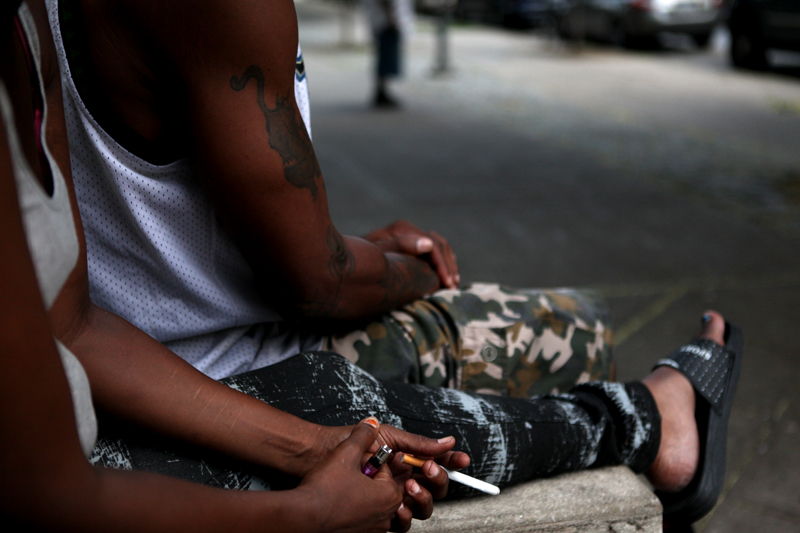
(Photo: Many victims in the Bronx are reluctant to cooperate with prosecutors. Pictured here, residents of Jackson Houses tell WNYC they don’t come forward because they fear retaliation. Stephen Nessen/WNYC)
If you want to know why victims so often don’t cooperate, talk to Maxine Scott. She lives in the Jackson Houses, a public housing complex in the South Bronx. She has a scar that crawls down her forehead, like a fault line between her eyes all the way to the tip of her nose. Another scar slices across her eyelid, her jaw, down her neck, and doesn’t stop until it reaches her chest.
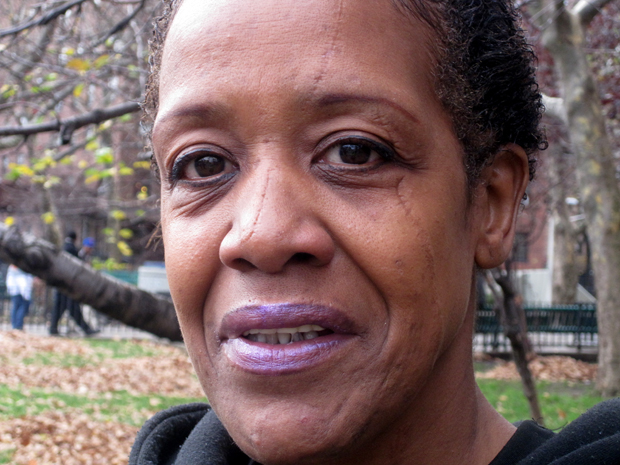 (Photo: Maxine Scott says she was attacked by a woman when she was with her young daughter in 1991. She never pressed charges. Ailsa Chang/WNYC)
(Photo: Maxine Scott says she was attacked by a woman when she was with her young daughter in 1991. She never pressed charges. Ailsa Chang/WNYC)
Scott, who was with her young daughter at the time of the attack, said she got into an argument with another woman about her parenting skills on a hot summer night in 1991. The other woman took out what looked like a razor blade from her mouth, Scott said, and started swinging.
“She opened up my forehead,” Scott said. “She opened up my left cheek, under my throat, and my chest has a scar on my right breast. And on my arm. She cut my shirt wide open.”
Scott blacked out from the loss of blood. When police officers later interviewed her, she refused to press charges.
“My daughter was with me when they cut me, so they know what she looks like. So in the back of my head, ‘They’re going to retaliate. They’re going to do something to her,’” Scott said. “And that’s my only child. You know, I carried her for nine months. That’s my life. Anything happens to her, I would never forgive myself.”
So she never talked to prosecutors about the attack, and the DA never filed charges against her assailant.
WNYC could not confirm her account with the NYPD, but law enforcement experts and victims rights advocates say the Bronx is filled with people like Scott, and a policy that gives up on victims after the first day means too many cases get dropped too quickly.
Half of Dropped Cases Tossed Out Because Victims Didn’t Cooperate
WNYC first asked Alonso in late 2011 why her office has the highest decline-to-prosecute rate in the city. She said it’s because her office is just more careful in the beginning about weeding out cases that don’t fly – such as an improper arrest, sloppy police paperwork or weak evidence.
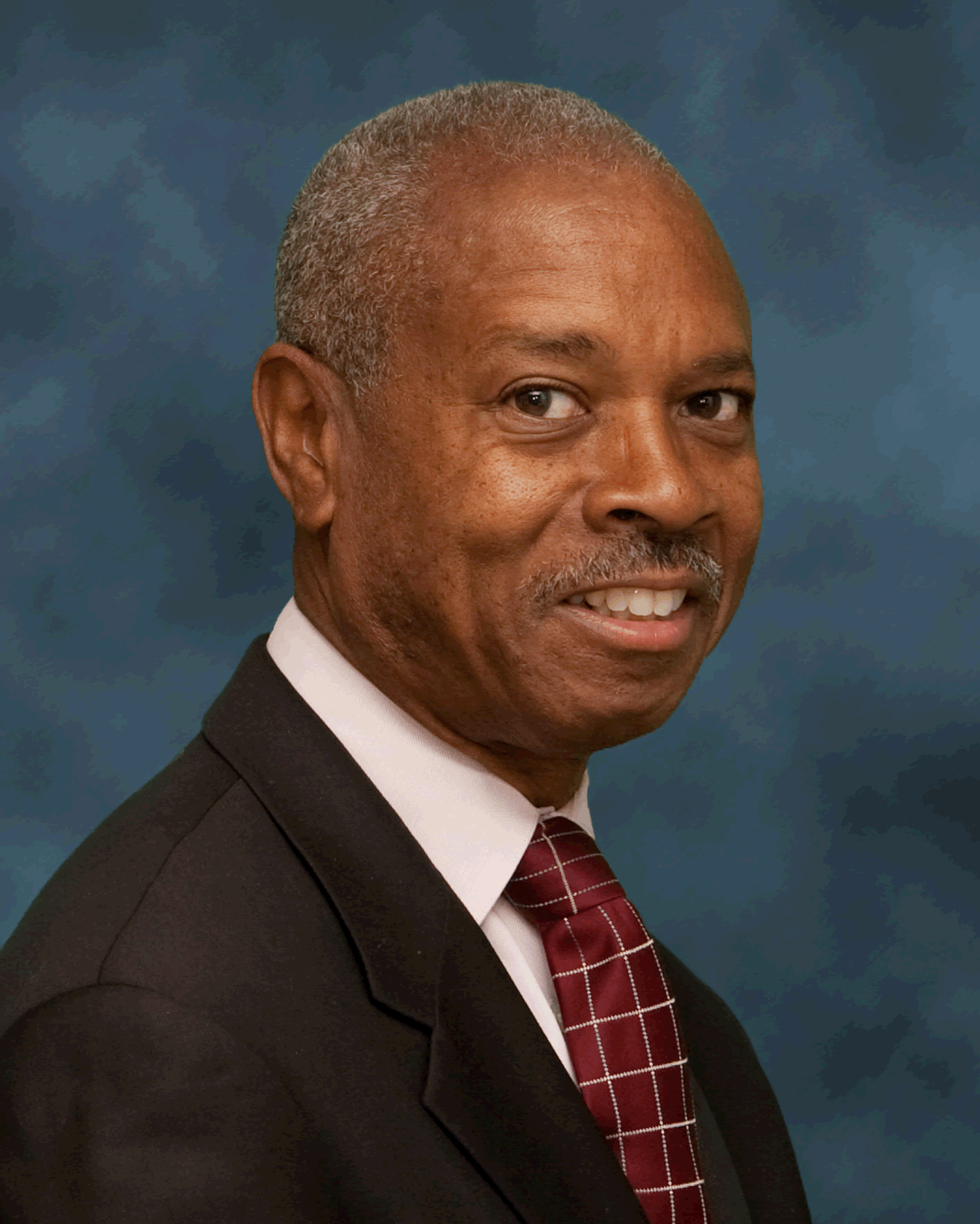 But then last month, Alonso provided WNYC with internal office data that suggested a very different picture. The document was a snapshot of the last three months of cases declined by the office and the reasons prosecutors declined those cases. Almost half of all the cases dropped by her office were thrown out because the victim didn’t cooperate.
But then last month, Alonso provided WNYC with internal office data that suggested a very different picture. The document was a snapshot of the last three months of cases declined by the office and the reasons prosecutors declined those cases. Almost half of all the cases dropped by her office were thrown out because the victim didn’t cooperate.
Insufficient evidence accounted for only one-tenth of all abandoned cases. And only 2 percent of cases were declined because of incomplete paperwork.
(Photo: Bronx District Attorney Robert Johnson. Courtesy of the District Attorney's office)
Alonso acknowledged her office drops many cases because it requires victims to cooperate the first day. She agreed that a lot of victims don’t want to cooperate, but she defends the policy. When victims get on board sooner, Alonso explained, prosecutors can build a stronger case and better support victims by informing them early about case details and explaining what to expect from the criminal justice process.
And early interviews with victims also allow prosecutors to test victims’ credibility as witnesses, she added.
“We do that initially because we hope that makes for a better relationship between us and our civilian witnesses,” said Alonso.
But critics said there is no relationship between prosecutors and the victims whose cases are abandoned after the first day. Victims’ rights advocates and veteran prosecutors elsewhere said there are so many reasons victims don’t come forward right away – they may be badly hurt, be difficult to find or may fear retaliation.
Alonso says the office does try to grant exceptions to victims who are being intimidated by their attackers from coming forward. But critics ask how prosecutors can even know who the victims are if they have never talked to them.
Linda Fairstein, who served as Chief of Sex Crimes in the Manhattan DA’s Office for 26 years, said she can’t understand why the policy would be imposed.
“It’s not the standard for the courts in New York. It’s not a rule imposed by law. It’s an internal guideline,” said Fairstein. “And that first 24 hours is when you’re trying hardest to find your victim or witness, and that’s the time the witness may be most unable, if not reluctant, to come forward.”
Victims in the Bronx sometimes don’t even get a full 24 hours. Alonso says her office usually waits about four hours for a victim to show up after an arrest report arrives at the DA’s office before tossing out a case. Processing an arrestee – who needs to be booked, fingerprinted, etc. – can sometimes take hours.
Police officers in the Bronx tell WNYC that’s just not enough time. Some victims need days – or weeks – with repeat visits by police to decide to cooperate.
A Waste of Police Resources
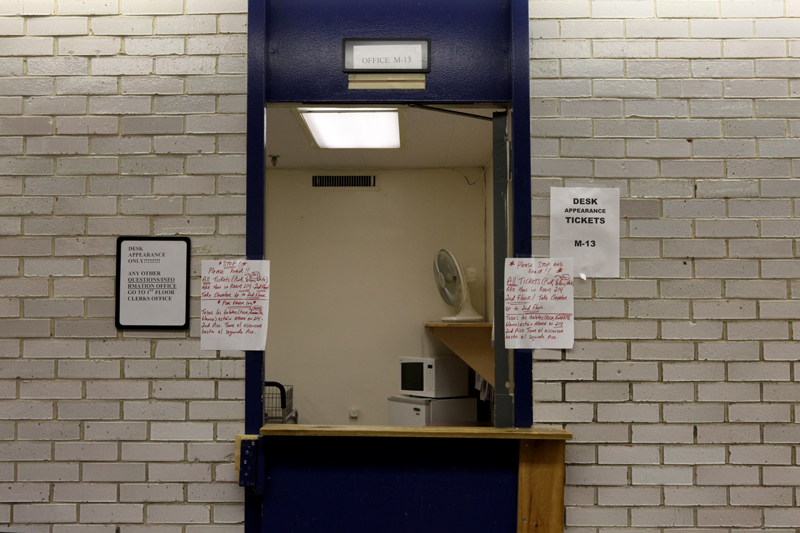
(Photo: Every week, court officers at Bronx Criminal Court tell defendants lined up outside this window that the Bronx DA has declined to prosecute the cases against them. Stephen Nessen/WNYC)
And when cops like Claude O’Shea see arrests get thrown out over and over, they say it’s demoralizing. He was a detective in the Bronx for more than 10 years.
“Whatever happens, happens. You know, I look at it like this: If the witnesses don’t want to come forward and the DA doesn’t want to prosecute, I don’t live here in the Bronx. There’s a good chance that I’m not going to be shot randomly by this guy again. You just kind of get burnt out after awhile,” said O’Shea.
Last year, the Bronx DA’s office declined to prosecute more than 18,000 arrests by the NYPD, according to state data. Brooklyn and Manhattan prosecutors threw out an average of 5,300 cases each.
Eugene O’Donnell, a professor at John Jay College of Criminal Justice who is a former cop and prosecutor, said that means millions more dollars of police resources get tossed out in the Bronx than anywhere else.
And with the limited resources this city has, he said the police can’t afford to make so many arrests that go nowhere.
"The NYPD, at the patrol level, is extremely thinly stretched,” O’Donnell said. “They need every available cop to be on patrol as much as that officer can be on patrol. Anything that takes a cop out of service takes them off the street. They’re unable to answer calls. They’re unable to do routine police work that deters crime.”
And when a case is declined by prosecutors, cops can’t do anything about it. The defendant is released immediately, and the arrest is expunged from the official record, as if the incident never happened.
If the victim ends up changing her mind later and wants to cooperate, she’d need to make a fresh complaint with the police and they’d have to find the defendant and arrest him one more time.
WNYC asked the Bronx DA’s office how many victims actually do come back after a case is declined, but the office never responded.
Cops say most victims never bother to go through that process again.
